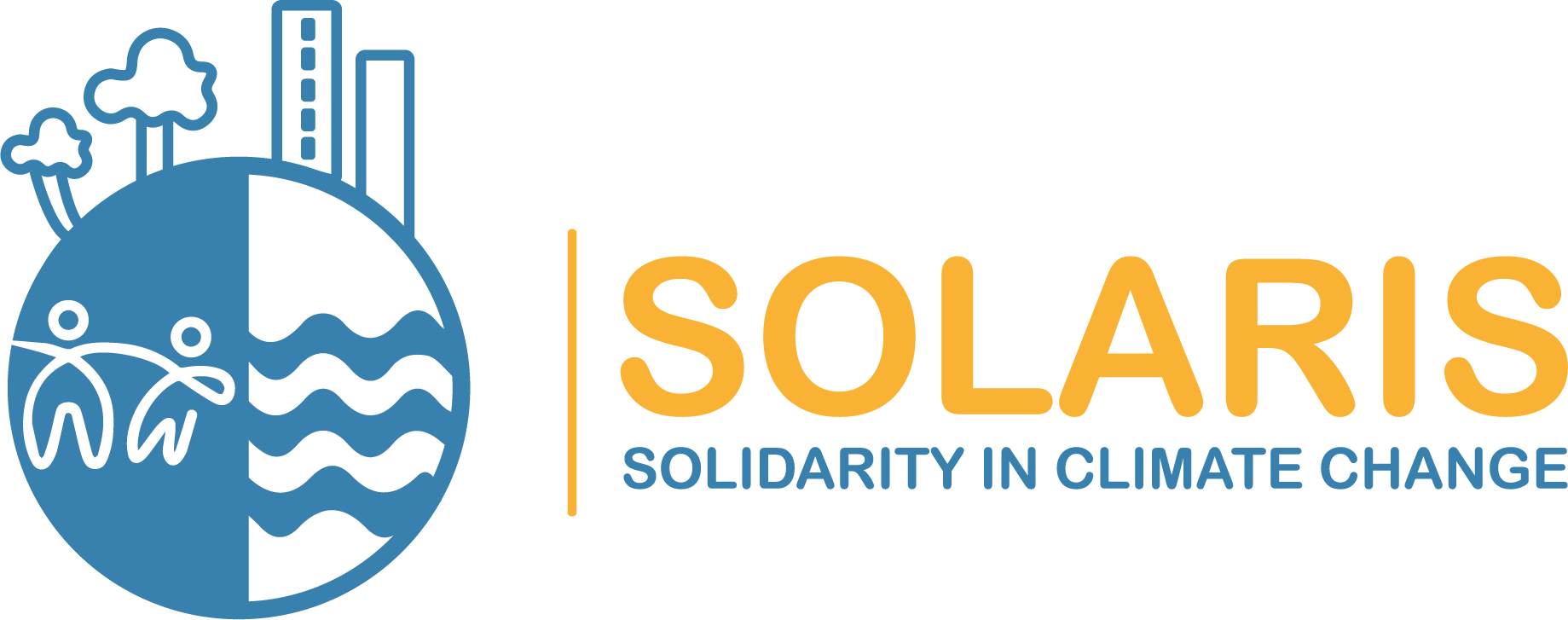WP1 - Conceptual Framework & Methods
WP1 focuses in the two objectives
- Conceptualise all of the relevant types of socio-spatial injustices that may occur through CCAP and their implementation
- Develop an approach to assessing and mapping socio-spatial inequalities and consider the role of public participation in reducing injustice
WP1 (Conceptual Framework and Methods) starts with an in-depth and interdisciplinary literature review of the SOLARIS research questions. This will develop a conceptual framing of the project as well as methods for an integrative assessment framework to specify the empirical case study approach. In WP1 the following methodological approaches will be developed:
–Spatial approach: SOLARIS aims to construct a template of indicators (quantitative and qualitative) to assess and map socio-spatial inequalities associated with CCA(P) -considering policy design and the state before, during and after their implementation. Key questions include: do some communities / locations suffer higher risk than others? What is the socio-demographic profile of these groups? Do climate change adaptation policies assist all groups? Do some groups need to contribute more than other groups? Do some groups lack the ability or capacity to implement adaptation to climate change?
–Sociological approach: This will include interaction with institutional stakeholders and their experiences and knowledge of CCAP and their outcomes. Empirical research is planned via various methods and tailored to each case study. This may be via questionnaires, workshops, and semi-structured interviews with professional stakeholders.
The aim is to investigate the implementation of CCAP and their aftermath. Some key questions are identified: Are those affected effectively involved in decision-making? What strategies to empower and encourage the different social groups to participate in the identification of climate risks and in planning (possibly implementing) actions that would reduce their risks to climate change?
